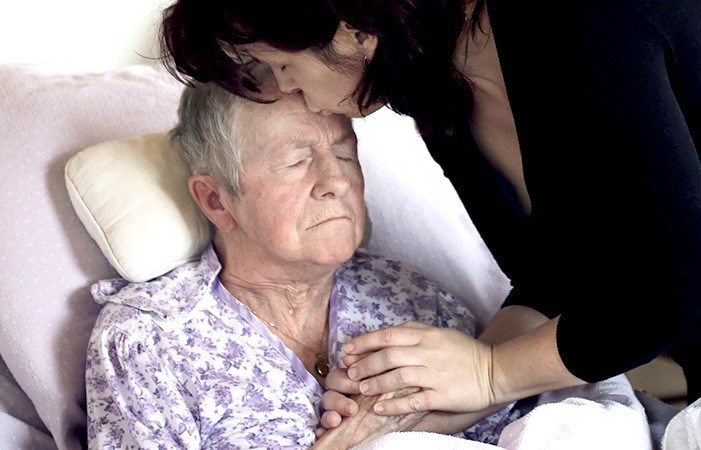THUNDER BAY — The number of people experiencing dementia is pacing upward in Northwestern Ontario.
It's a key reason Katelyn Wheeldon is reaching out to individuals living with the condition – and their health care providers – to learn more about the actual diagnosis process in the region, and how it can be supported.
Up to now, she said, this region has been greatly underrepresented in research.
Health Canada describes dementia as an umbrella term for a set of symptoms affecting brain function.
It's a chronic condition that gets more severe over time and is often characterized by:
- a decline in:
- memory
- planning
- language
- judgement
- physical changes, like:
- loss of coordination
- loss of bladder control
- weak and stiff muscles
- trouble standing, sitting or walking
- changes in mood and behaviour
Wheeldon has lived in Thunder Bay the past six years after moving from Midland to work on her Master's degree at Lakehead University, and is currently a doctoral candidate in public health and health systems at the University of Waterloo.
"I got into dementia research because my grandfather had dementia," she told TBnewswatch.
"It made me want to pursue that. . .and understand the experience that he went through, and the experience that our family went through."
She said the Northwest proportionately has more individuals with dementia than the rest of Ontario, and that patients in the region face unique challenges related to a physician shortage and the lack of specialists.
Wheeldon wants to raise awareness of her research so she can attract more people interested in being interviewed for 30 to 60 minutes about their experience.
"The dementia diagnosis is a crucial moment for people to set them on a path to integrate their condition into their lives, be connected with health and social care services for support, and leave with hope knowing that there are ways to live well with dementia," she said.
"It's so important that we learn from both physicians in our region and people who have been diagnosed here, about the successes and challenges they have faced throughout the diagnostic process."
She said this part of the study does not include interviews with family members or care partners.
Wheeldon hopes to hear from individuals diagnosed with dementia between one and five years ago who were living in Northwestern Ontario at the time of the diagnosis and who are still residing here.
"The people with dementia, specifically, are often left out of research. We are moving towards including them more."
She also wants to speak with doctors/health care providers practising in the Northwest for at least a year and with experience diagnosing patients with dementia.
"There isn't a great deal of work on dementia diagnosis specifically in Canada. And there's really not a lot that is specific to Northwestern Ontario, which is why I wanted to do it up here. . .We want to make sure that resources are tailored to our region so that they're the most applicable to these physicians and people with dementia."
Interviews will be conducted in person or online through Zoom.
Individuals interested in sharing their observations with Wheeldon can contact her or reach out for more information via email: [email protected].
She said the identities of all participants will be kept confidential.
The study has been reviewed from an ethics standpoint and has received clearance from a University of Waterloo ethics board.
